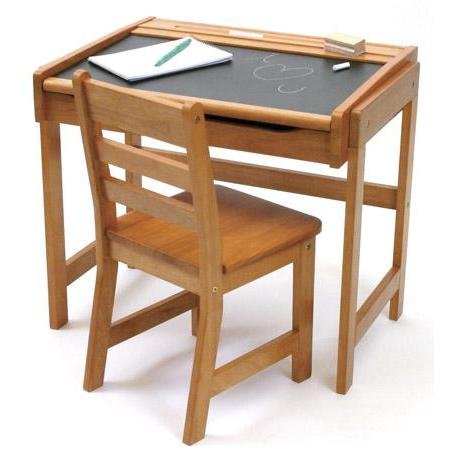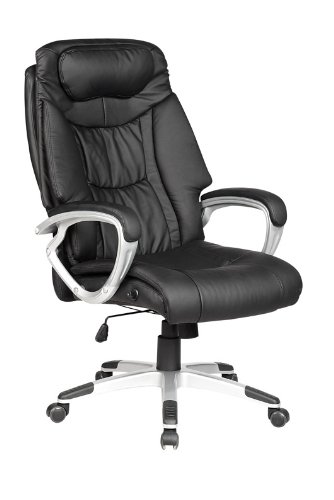A common problem faced by many homeowners with a second level deck is how to effectively waterproof the deck so that they can gain a dry storage area underneath. There are several alternatives that could be considered, although the majority of these are not exactly DIY tasks, but need to be undertaken by professional contractors.
Chairs For Desks
Roll out vinyl membranes
Chairs For Desks
Probably one of the most common methods of waterproofing an upper level deck, is to lay down some sort of waterproof membrane over the existing surface. Possibly the longest established membrane system has been roll out vinyl sheeting which may typically have a core of a heavy duty polyester fabric to provide protection against puncture and tearing. Such products are supplied by Duradek, Weatherdek, DeckRite, DecTec and others. These products are normally installed by professional contractors, but it's possible for a homeowner to install the membrane themselves if they have some experience. Such products typically come with a patterned surface and in different colours and textures.
Of course with this type of membrane, you cannot retain the original natural wood appearance of the deck.
Specialized deck coatings
A number of high-tech coating systems are available which generally involve applying series of different coats and are thus normally applied by professional applicators. Examples of such coatings include the Versa-Deck range of reinforced fibreglass and acrylic resin coatings and the Metacrylics range of acrylic and polyester fabric coatings. Such coatings are again available in different colours. However these coatings can only be applied over a continuous solid surface such as marine grade plywood, so if you don't already have a deck with a plywood surface, then you have the extra expense of installing this surface as well.
Aluminum decking
In this case, lengths of a special interlocking aluminum decking profile are installed over the top of the deck. Normally this type of decking would replace the original wood planks on your deck, so requires some extra cost and work to demolish part of the existing structure. Channels on the underside of the profile drain the water away to the edge of the deck. Such products are available from e.g. Lock Dry. Various colour options are available. One point to note with aluminum decking is that it can get very hot underfoot in mid-summer and can be somewhat noisier when walked on than e.g. you wood or vinyl.
Vinyl Decking
Similar in may ways to the above aluminum products, specially profiled vinyl decking planks with an interlocking system such as the Gorilla Deck range are available which are claimed to provide a virtually watertight surface under the decking. Again this type of decking would normally replace the original wood planks on your deck. Typically the vinyl material comes in a number of different colours and textured finish. Compared with aluminum, vinyl decking tends to stay relatively cool under foot even in the hottest weather.
Under deck waterproofing systems
This is a novel way of waterproofing a deck but retaining the existing natural wood surface. In this system such as that supplied by UnderDeck, a special "ceiling" is installed underneath the deck attached to the bearers or joists which drains away any water to gutters situated at the corners of the deck. Again this system is normally installed by special contractors.
Interlocking wood decking tiles with EPDM membrane
As mentioned above, with most of the commonly available methods of waterproofing an upper level deck, with the exception of the UnderDeck system, you will no longer be able to enjoy a natural wood surface on your deck. If you like the look of natural wood, then probably the most effective, simple to install, and economical option is to firstly lay down a continuous EPDM sheet over the top of the existing wood deck, and then install interlocking wood decking tiles over the top of this sheet. EPDM sheeting can be obtained from e.g. pond supply shops or some roofing material suppliers for as little as about .60 per square foot.
The wood decking tiles such as those supplied by HandyDeck are made with a special plastic mesh base which not only allows the tiles to be locked together to form a continuous deck surface, but allows water to flow away freely underneath the wood slats and over the top of the EPDM membrane. So there's no problems with puddles of water or slippery surfaces like there can be with the alternative membrane options.
Many interlocking tile manufacturers supply tiles in different designs and also different wood species, so you can create a special design on your deck which could be just a simple border or a special feature panel. Clip on edging strips are also available from selected manufacturers which provide a neat and professional edge to the outer row of the deck. With these modular decking tiles, there are no nail holes or screw holes on the surface of the deck, as the wood slats are screwed securely to the plastic base from underneath. And as there are no nails, screws, glues or special coating materials required, installation is a simple and quick job that can be accomplished by almost anyone without requiring any particular handyman skills. And with decking tiles, you don't have the expense of ripping up the original decking planks, or having to lay down a special plywood surface to apply any of the specialised coatings.
![]()
How to Waterproof an Upper Level Deck to Make a Dry Storage Area Underneath
Chairs For Desks
Baby Crib Sets For Boys Sealy California King Mattress Canon Digital Slr










